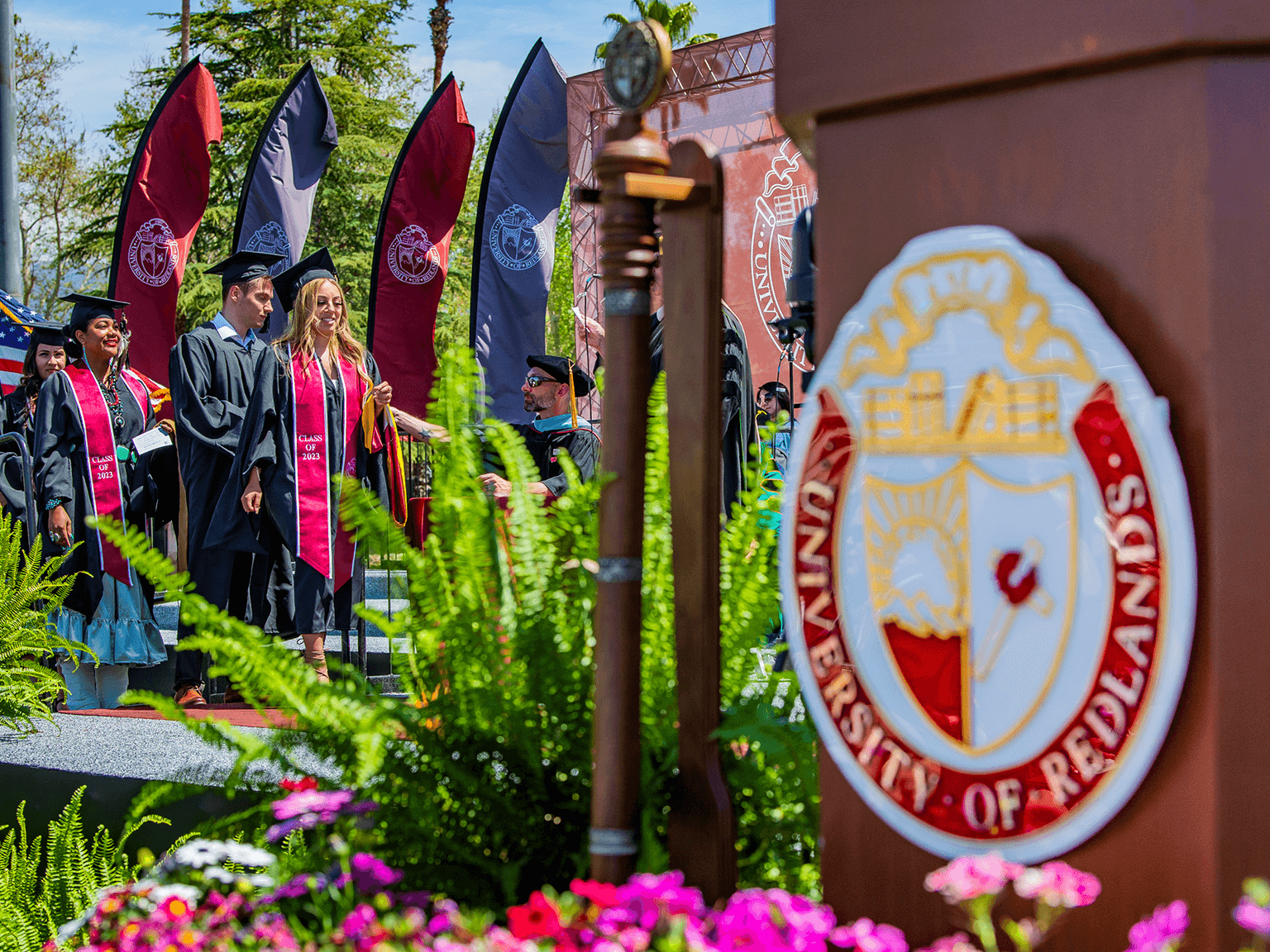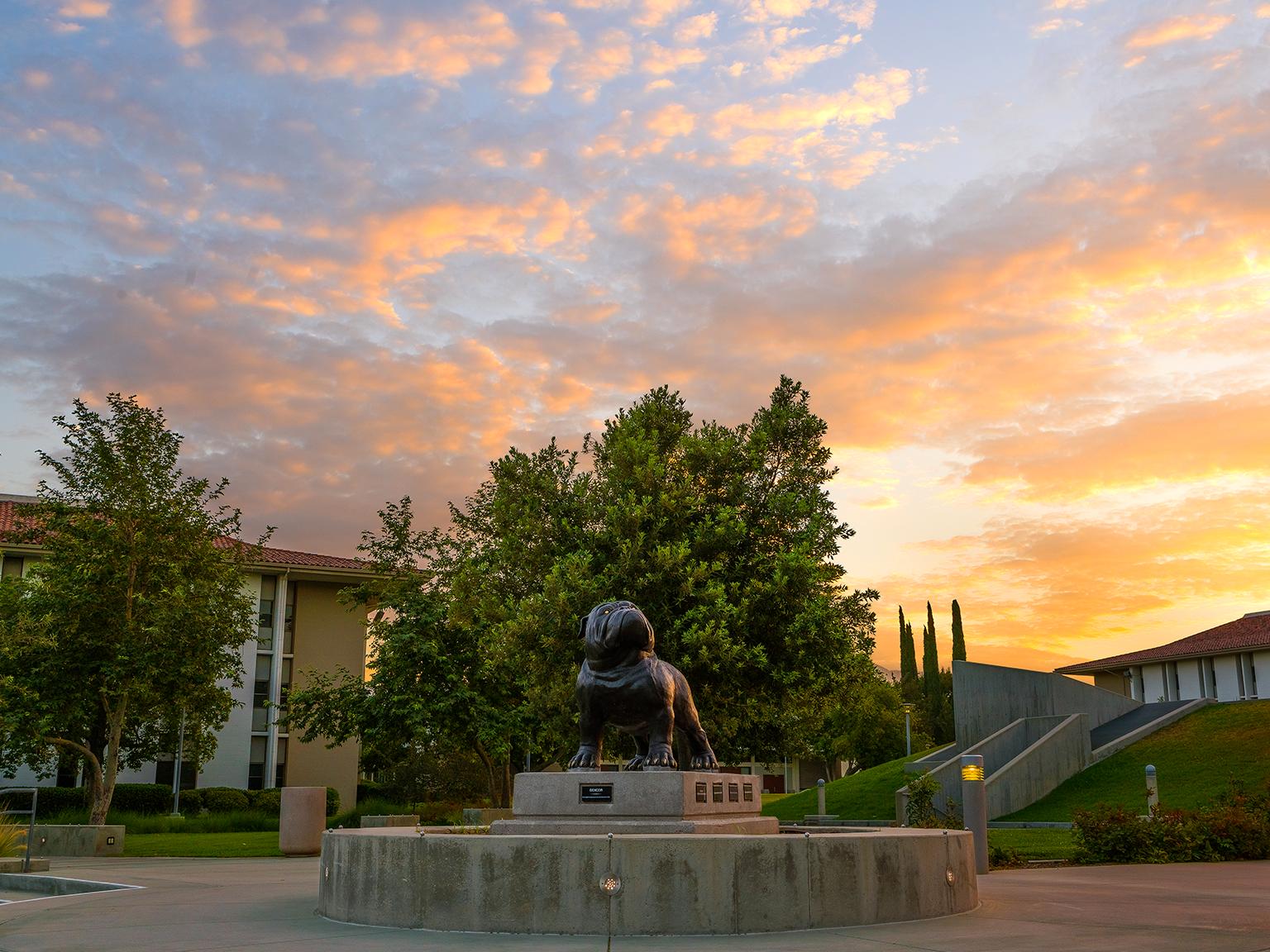
Ben Aronson Ph.D.
Department Co-Chair, Professor
Biology
Education
-
Ph.D., biochemistry, Purdue University
-
B.A., biology, Williams College
Professional Background
Experience
- Postdoctoral research, Dartmouth Medical School, Department of Biochemistry
- Postdoctoral research, SUNY Stony Brook, Department of Biochemistry
Research
- Research interests focus on the study of Wolbachia, a bacterium that infects numerous insect species and causes a variety of reproductive disturbances. Other areas of interest and expertise include immunology, genetics, and molecular biology.
- Current research is aimed at understanding the transmission of Wolbachia between unrelated individuals. This bacterium is known to be transmitted from mother to offspring, but recent reports suggest that it may also be able to infect unrelated individuals within or between species. In the last 10 years, numerous undergraduate researchers have contributed to this project and have presented their findings at the annual Southern California Conference for Undergraduate Research.
- Previous research has emphasized the genetics and molecular genetics of development. One research project examined the role of a particular gene (runt) in the embryogenesis and sex determination of the fruit fly Drosophila. Another project examined the role of the Neurospora gene frequency in the establishment and maintenance of circadian rhythms.
Publications
- Aronson, B.D., and Silveira, L.A. (in press). From genes to proteins to behavior: A laboratory project that enhances student understanding in cell and molecular biology. Life Sciences Education.
- Aronson, B.D., Fisher, A.L., Blechman, K., Caudy, M., and Gergen, J.P. (1997). Groucho-dependent and independent repression activities of Runt domain proteins. Molecular and Cellular Biology, 17, 5581–5587.
- Dunlap, J.C., Loros, J.J., Aronson, B.D., Merrow, M., Crosthwaite, S., Bell-Pedersen, D., Johnson, K., Lindgren, K., and Garceau, N.Y. (1995). The genetic basis of the circadian clock: Identification of frq and FRQ as clock components in Neurospora. Ciba Foundation Symposium, 183, 3–17.
- Aronson, B.D., Johnson, K.A., and Dunlap, J.C. (1994). The circadian clock locus frequency: Protein encoded by a single open reading frame defines period length and temperature compensation. Proceedings of the National Academy of Sciences, 91, 7683–7687.
- Aronson, B.D., Johnson, K.A., Loros, J.J., and Dunlap, J.C. (1994). mRNA cycling and feedback repression of a circadian clock gene. Science, 263, 1578–1584.
- Aronson, B.D., Dunlap, J.C., and Loros, J.J. (1994). An efficient method for gene disruption in Neurospora crassa. Molecular and General Genetics, 242, 490–494.
Presentations
- Blanchard, R., Cooperrider, J., and Aronson, B.D. "Investigation into horizontal transmission of Wolbachia in Drosophila melanogaster." Southern California Conference for Undergraduate Research, Dominguez Hills, California, 2009.
- Cooperrider, J., and Aronson, B.D. "Investigation into horizontal transmission of Wolbachia in Drosophila melanogaster." Southern California Conference for Undergraduate Research, Pomona, California, 2008.
- Yates, T., Evans, H., and Aronson, B.D. "Investigation of the potential for horizontal transmission of Wolbachia in Drosophila." Southern California Conference for Undergraduate Research, Los Angeles, 2007.
- Ruiz, S., and Aronson, B.D. "Toxicity of tetracycline in Drosophila melanogaster." Southern California Conference for Undergraduate Research, Whittier, California, 2004.
Awards and Service
-
Outstanding Teaching Award, University of Redlands, 2002
-
NSF CCLI (A and I) Grant Award (Proposal No. 0088113), 2001–2004
-
NIH Postdoctoral Research Fellowship, 1991–1993
-
American Cancer Society Postdoctoral Research Fellowship (awarded but declined)
-
David Ross Research Fellowship, Purdue University, 1987–1989



